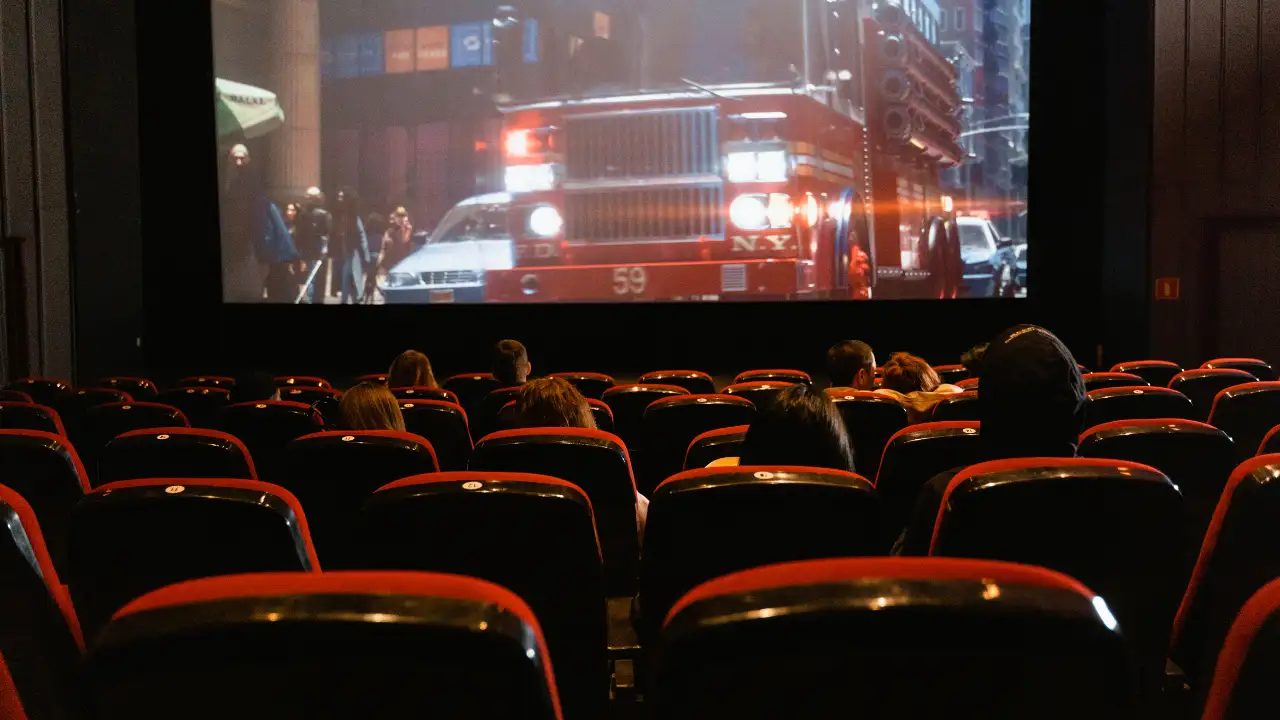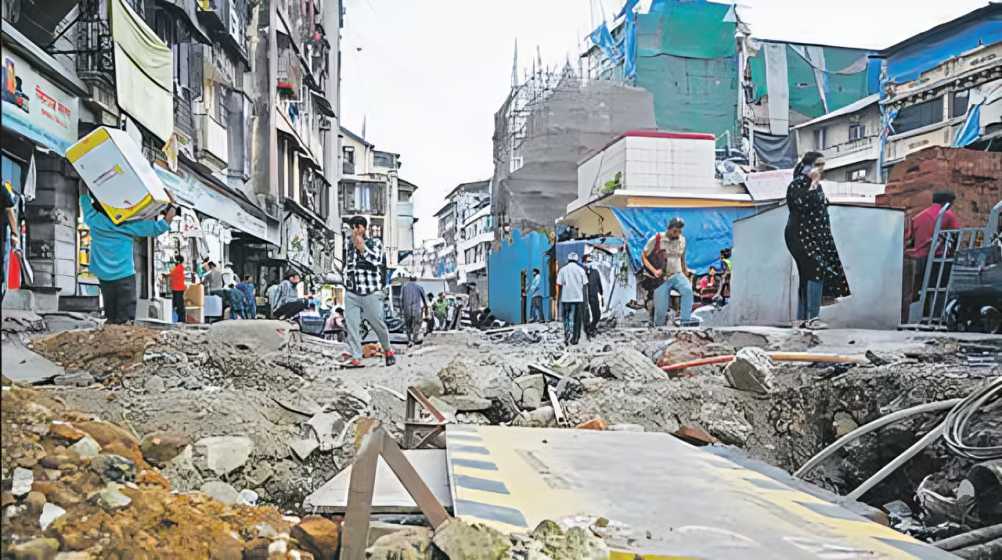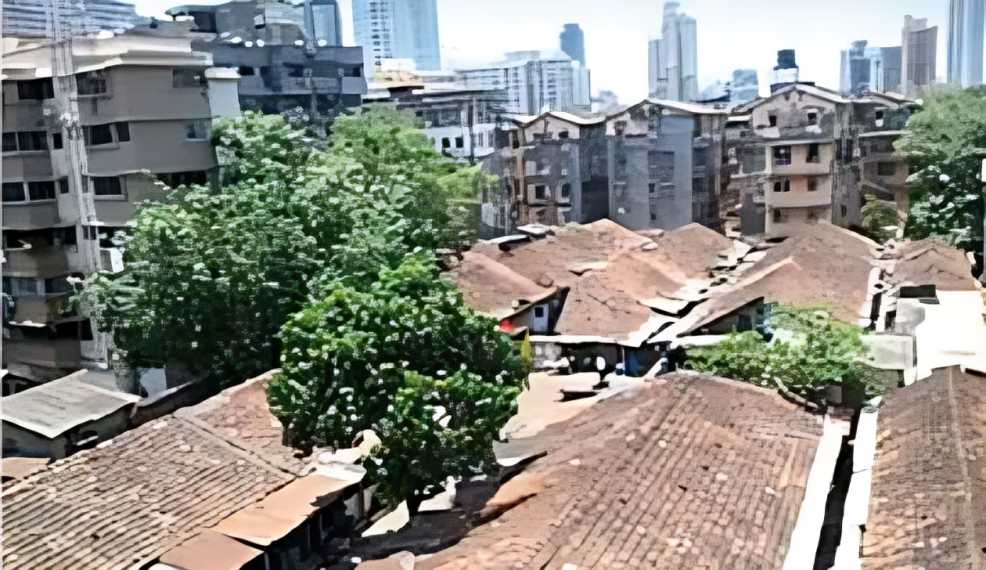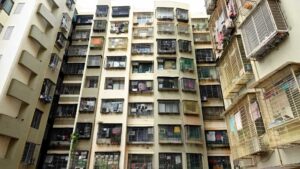September 6, 2025: For more than a century, single-screen cinemas were a cultural mainstay across Mumbai. From neighbourhood favourites to landmark halls, these theatres drew packed audiences week after week. Today, however, the story is starkly different. With dwindling footfalls and rising costs, many owners are turning to redevelopment, seeking permissions from the Brihanmumbai Municipal Corporation (BMC) to transform their properties into commercial or residential complexes, according to media reports.
Yet, redevelopment comes with a catch. Under Mumbai’s Development Control and Promotion Regulation 17(2), any project replacing a cinema must incorporate a theatre component. The rule requires redevelopers to retain at least 33% of the original seating, capped at a minimum of 150 seats. For instance, if a theatre once seated 600 people, the new building must house at least 200 seats, The Times of India reported.
Examples of this transition are visible across the city. Dreamland in Grant Road, formerly Krishna Talkies (established in 1919), is being converted into a luxury mixed-use tower, though the redevelopment will still accommodate a cinema. In Chembur, the former Sahakar theatre is giving way to a 13-storey complex with shops, offices, a hospitality wing, and a small cinema. Others, such as Central Plaza, Jawahar Talkies, Paradise, Chandan and Uday Talkies, are also undergoing transformation, though some face delays due to legal disputes and pending approvals.
Despite regulatory provisions, most owners view the cinema requirement as a burden, given the sharp decline in demand for single-screen halls. Developers like Rashesh Kanakia have experimented with scaled-down cinemas, but financial viability remains elusive.
Architect Manoj Daisaria observes that while the rules preserve a token cinematic presence, they have effectively converted old theatres into real estate assets, marking both the city’s growth and the fading of a once-beloved entertainment era.
Source: Times Now
















